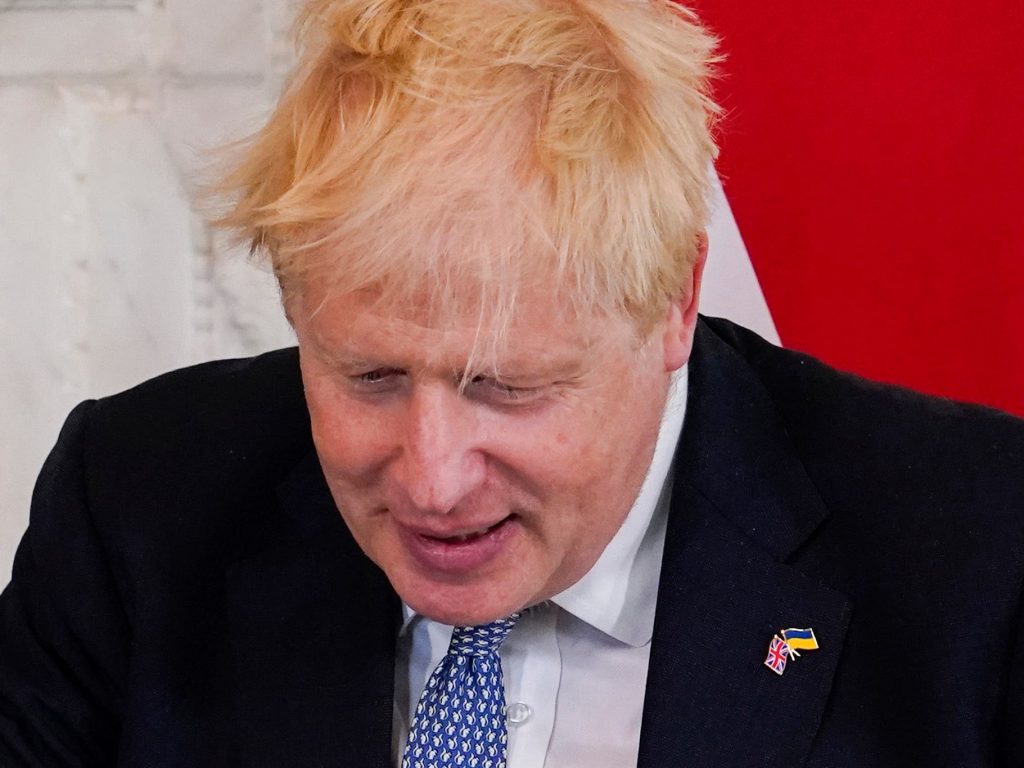- Boris Johnson has survived a confidence vote, with the backing of 211 out of 359 MPs.
- But Tory backbenchers believe it is "the beginning of the end" for the prime minister.
- It comes after successive scandals including partygate damaged his standing.
Boris Johnson narrowly won a vote of confidence in his leadership, with 211 MPs backing him to stay in office out of 359 votes cast.
The prime minister faced a snap ballot of Conservatives Monday – less than 12 hours after it was announced – triggered after dozens of his own backbenchers said he should quit.
MPs had lost faith in Johnson's leadership on the back of a series of scandals including partygate, the Owen Paterson affair and other "sleaze" rows which damaged his government's authority.
Queues of MPs lined up to cast their verdict including Theresa May, the former prime minister, dressed in a ball gown.
But while he has won tonight's vote, with 148 votes against him, the prime minister's grip on his leadership has been left weakened by the vote, MPs told Insider. They asked for anonymity to describe the febrile atmosphere in the party.
Current rules prevent another vote from taking place within 12 months, although Tory party sources indicated that rule could be changed if there was sufficient demand.
One Conservative MP said: "It's the beginning of the end. It's actually far better for everyone if he goes voluntarily."
Another predicted that Johnson would "be gone in six months… It is Theresa May 2.0 [and] she lasted seven months."
A third said his win would leave the party "bitter" and divided. He said another vote of no confidence would be triggered as early as September, after the privileges committee report into whether Johnson misled Parliament, is published.
Sources painted a picture of chaos as Number 10 sought to get Johnson's own MPs to support him, with one saying they had been "complacent" about the battle to get MPs onside.
The prime minister addressed around 200 MPs at a meeting of the 1922 backbench committee at 4 p.m., which was met with mixed reactions.
His team, including chief whip Chris Heaton-Harris, deputy chief of staff David Canzini and Conservative Party staffers, rang MPs personally to see if they were on his side – sometimes resulting in individuals receiving multiple calls.
By the afternoon, rebel ringleaders estimated they had secured up to 150 MPs against Johnson, although this was dialled down to around 120 during the vote.
Two rebel MPs said that several colleagues who had publicly backed the prime minister, including ministers, had privately said they would vote against him.
Although it was a secret ballot, several went public with their plan to vote against the prime minister including former ministers Jeremy Hunt, Jesse Norman and John Penrose and Scottish Conservatives leader Douglas Ross.
Sources suggested Johnson would look to carry out a reshuffle as early as Wednesday this week to reward those who stuck by him, while canning anyone perceived as disloyal.
